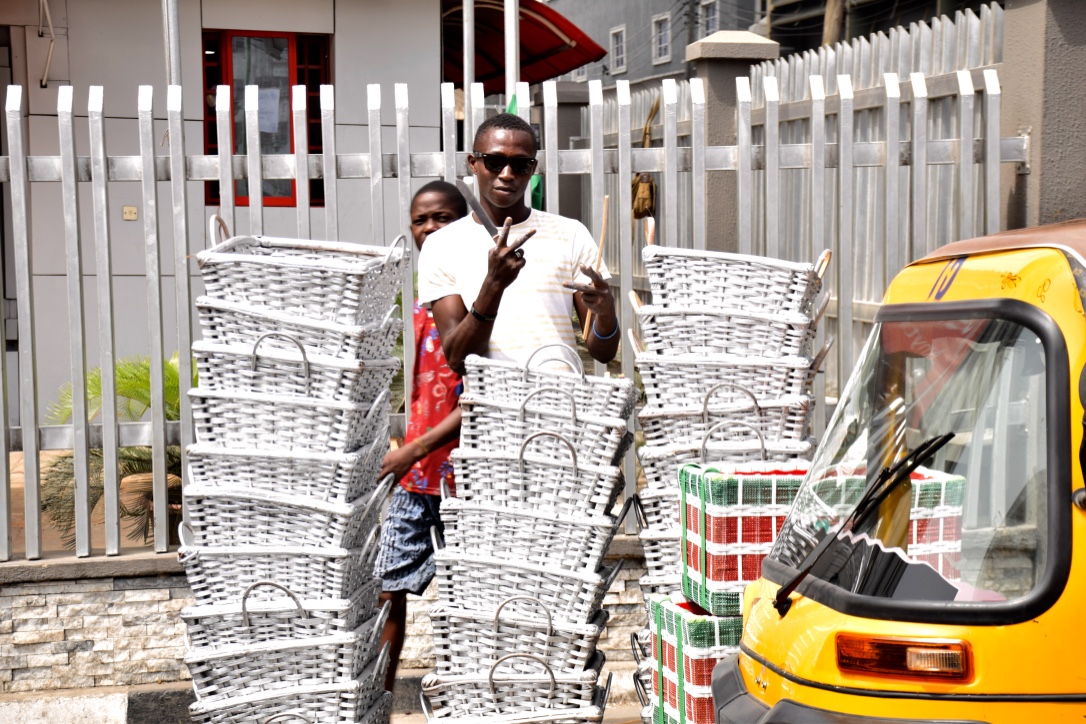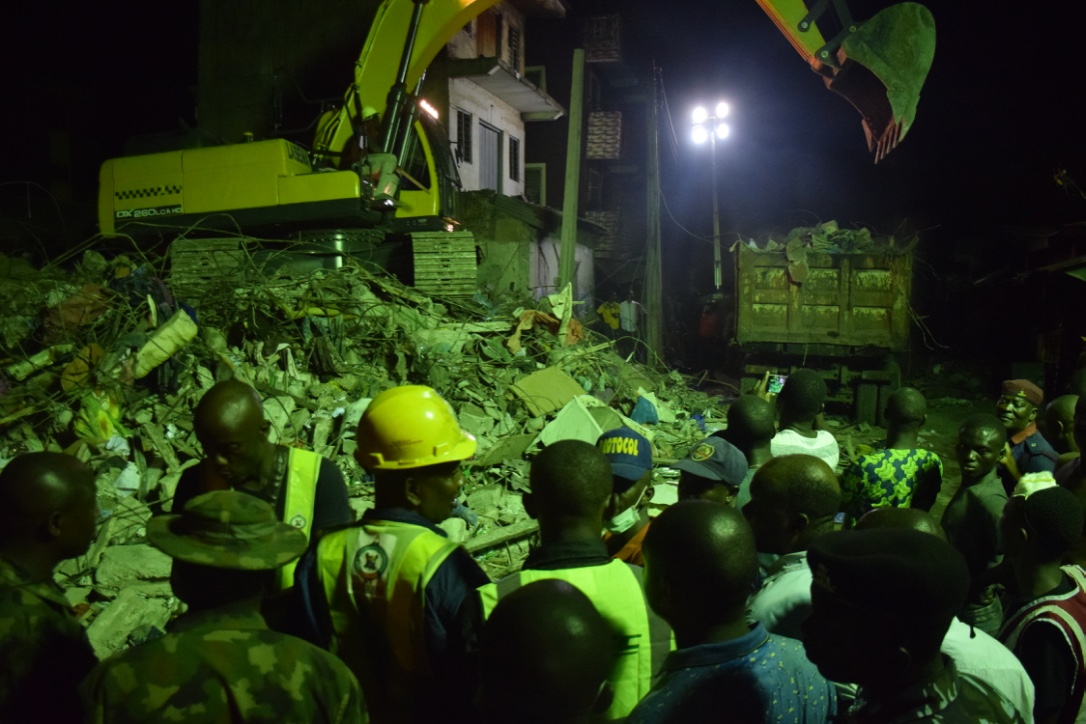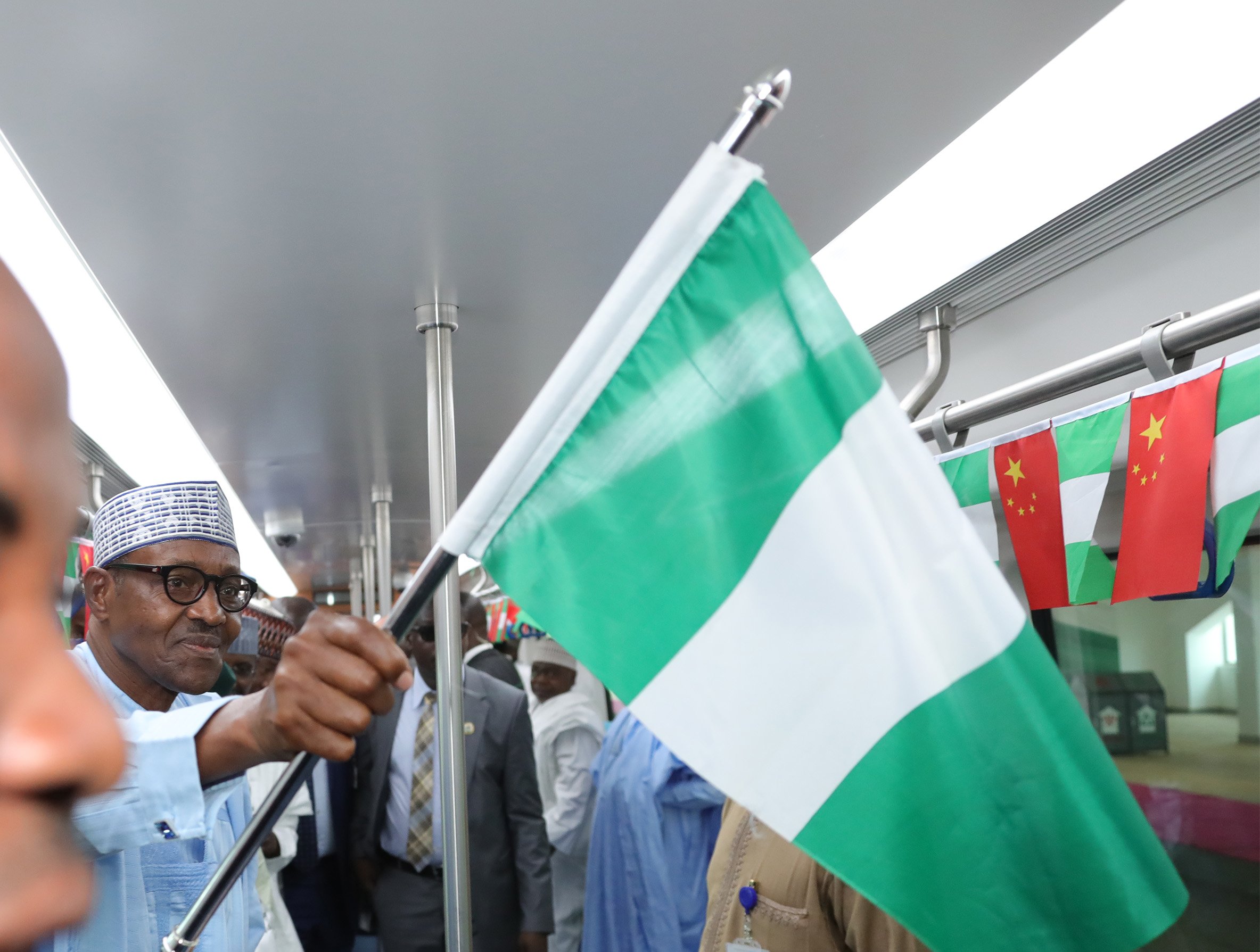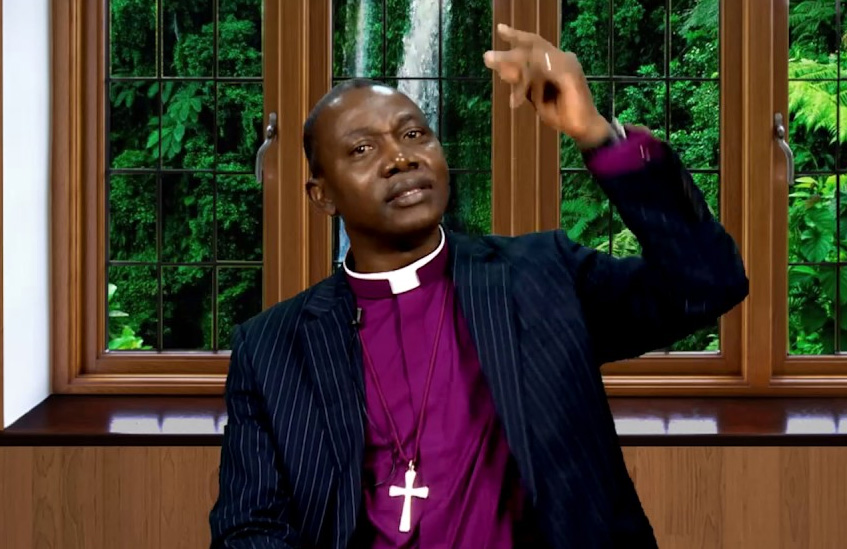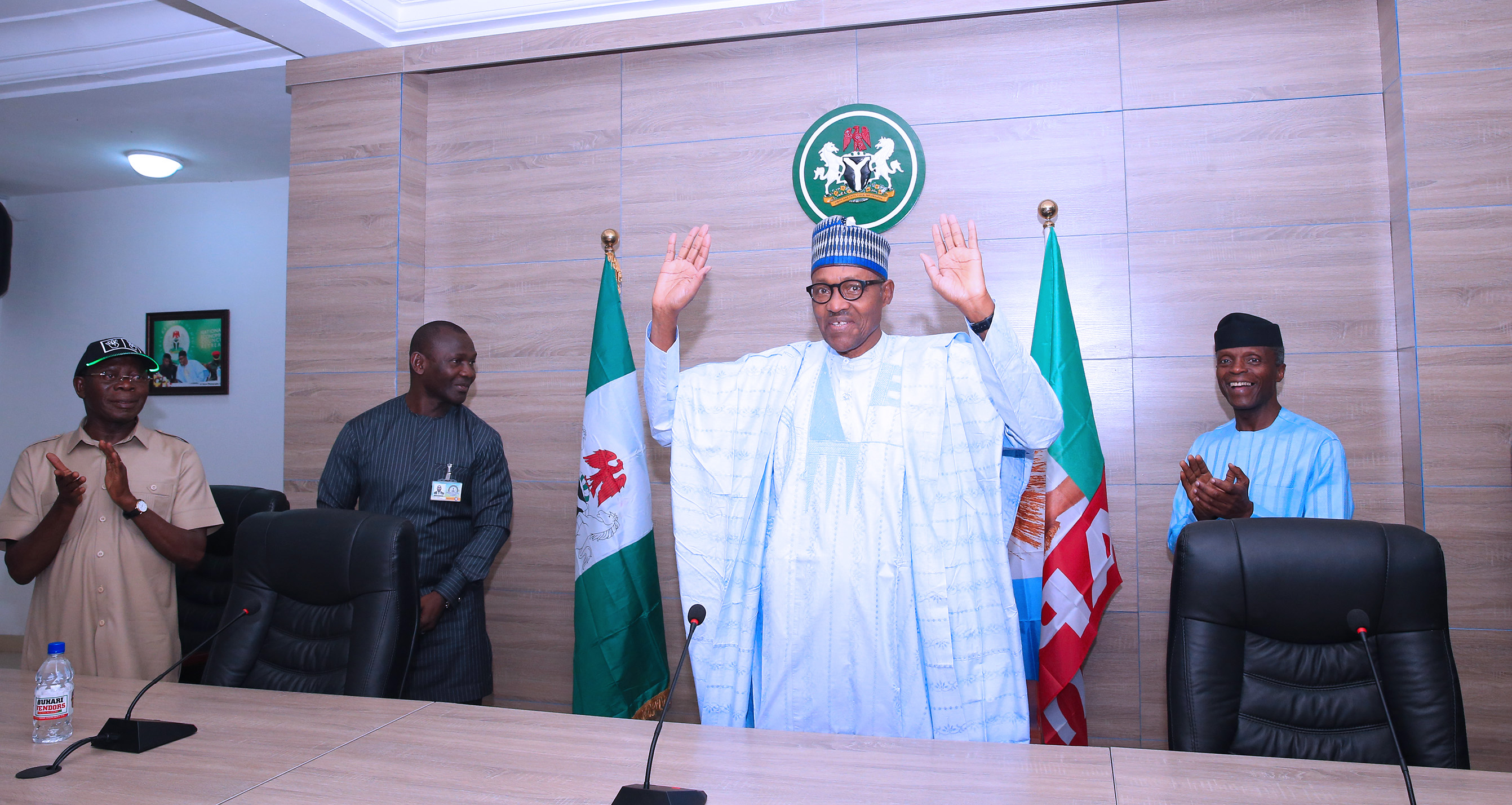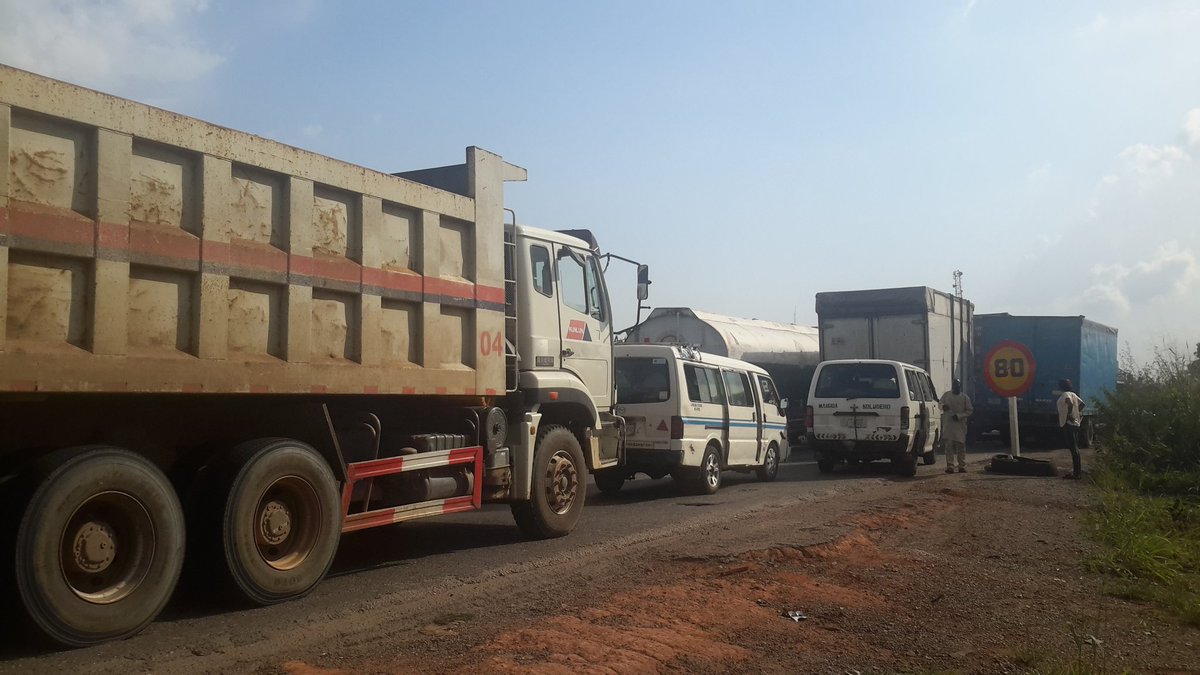In the recent past, I’ve joined the chorus lamenting the state of the nation’s economy and calling for reforms. Now, the task of rescuing the economy has become an emergency! All indicators point to a failed economy (and subsequently a failed nation) within the next two years.
But let me sound optimistic for once. An imminent devaluation of the naira will be tonic needed to put Nigeria on the road to industrialisation. Our taste for foreign goods will decline, and everyone will be forced to find their level. In the fight for survival, many will clutch the last straw available: production of food and materials needed by Nigerians.
Those waiting for implementation of the national minimum wage are whetting their appetite in vain. Apart from the impossibility of state governments paying N30, 000 as minimum monthly salary for their employees, federal workers’ purchasing power will fall far below the current level. Already, we’re overburdened by social upheavals that usually come with economic difficulty; what would happen if things deteriorated much further?
Perhaps the politicians are still preoccupied with elections and tantrums. Well-meaning people should sound the alarm bell near them. That is, if they still consider themselves leaders who should take responsibility for the total economic collapse of their country.
Advertisement
In the long term, only productive activities will matter. And there will be no industrialization without critical infrastructure – stable electricity, clean water, good roads, rail lines, airports and seaports. To make any headway in this respect, private capital (foreign or local) must be needed as soon as possible.
We can’t continue to be great consumers but poor producers. We shouldn’t spend all our resources on phones, cars, refrigerators, radio sets, TV sets, computers, clothing items, cooking pots, sweets and even toothpicks made in other nations. The economy of this country or any other import-dependent country can never improve so long as it produces nothing for export. Crude oil will not develop this country because it is people from the West that extract the oil with equipment made in the West; we export crude and then import refined petroleum products because our refineries do not work. Ajaokuta Steel Mill has remained moribund for 43+ years; electricity supply has remained epileptic or lacking. So what hope do we have for industrialisation?
Frequent travellers to Dubai know that virtually every family is involved in making one thing or the other? Bread, biscuit, bag, key holder, or shoes. Clothing, buttons, cables, cosmetics or paint. But Nigeria? The country remains a dumping ground for even smaller nations. In shopping mall Shoprite – a South African firm that now has branches in every nook and cranny of Nigeria – all manner of goods is available: green leaves, vegetables, palm oil, bread – and don’t mention cheap electronic gadgets and clothing. There was a stir in Lagos two or three years ago after it was discovered that garrifrom India was on sale in a shopping mall. After the initial hysteria, nothing was heard again. Likely, garri from India or Ghana or China is still sold in Nigeria.
Advertisement
Where have Nigeria Customs, Immigration, EFCC, NDLEA and scores of other regulators gone? Contrary to false statistics constantly issued by some ministers, foreign rice still fills Nigerian markets. And it’s cheaper than Nigerian rice. If truly duties were imposed on these imports, wouldn’t they cost more than their local counterparts? Our borders – almost 1, 500 of them – are still the most porous in the world. Smugglers remain unchecked especially in the northern borders.
Fixation on cheap oil money with the monumental corruption it has created is what has ruined Nigeria. Production will provide relief for all. Oil price will remain low for a long time. And the quantity of Nigeria exports will continue to decline. Soon, I predict, the Central Bank’s continued intervention in the foreign exchange market (in a bid to defend the naira’s exchange rate) will cease. Unless reason speaks through managers of the economy, one won’t be able to get $1 with N1, 000 by 2021.
What we have now is a government that discourages exports and does nothing about imports. How then can jobs be created or foreign investors attracted? Would foreigners invest in an economy where local investors are lacking?
With jobs disappearing, with the education system dead or dying, with youths getting frustrated in the search for jobs and the good life, there is nothing to expect but doomsday. If we like, let’s keep paying a legislator N20m or N30m per month for shouting “aye” or “nay” once a month. We may continue to offer lip service to the war on corruption. But by so doing, we won’t be able to stop brain drain (every doctor now seeks a job in Saudi Arabia or Canada); we will drive away capital, and even moneyed people at home (obvious looters) will continue to preserve their loot outside the banking system.
Advertisement
But if we wish to save the nation, a state of emergency on the economy is imperative. The place to start heading off the expected Armageddon is for our policymakers to begin to recognise talent. Ideas still rule the world, and Nigerians have them in abundance. Legislators and other public officeholders should stop earning jumbo pay – only a token sitting allowance should be paid members of the legislature at the federal, state and council levels. Anyone wishing to serve shouldn’t expect riches anymore.
Possession of foreign currency in cash should be a criminal offence. Only in a domiciliary account should a Nigerian be permitted to keep the dollar or pound and, through it, also pay for foreign goods and services. There should be close monitoring of revenues from oil and other sources. No excess crude account. The weekly sale of foreign currencies has to end: banks or importers should be free to source their foreign exchange anywhere but the Central Bank. That way, the naira would find its level. Even if N5, 000 exchanged with $1, things won’t get worse than they are now. It would be interesting to watch those that would buy private jets, imported fuel or toothpicks.
Let all our borders be thrown open to foreigners. They should come, invest in Nigeria and compete with Nigerians. Allow them to generate and distribute power sourced from coal, solar, water or nuclear plants. Lease our vast farmlands (including Sambisa Forest and Lake Chad) to serious farmers from Zimbabwe, South Africa, India, China and Israel.
The threat of insecurity would cease when jobs are created for the youth. We must de-emphasise paper certification and emphasise skills in order to stop producing job-seeking graduates. Our education system should be tied to job creation – institutions should run only courses relevant to available industries.
Advertisement
To truly fight corruption, the government should make it compulsory for every officeholder to declare their assets and liabilities publicly. Every source of wealth must be laid bare, and all unexplained assets should be forfeited to the state. Any act of corruption should attract the death penalty.
It always seems impossible until it’s done, said Nelson Mandela. Everyone should get involved in job creation and poverty reduction. I see trouble ahead.
Advertisement
Views expressed by contributors are strictly personal and not of TheCable.

